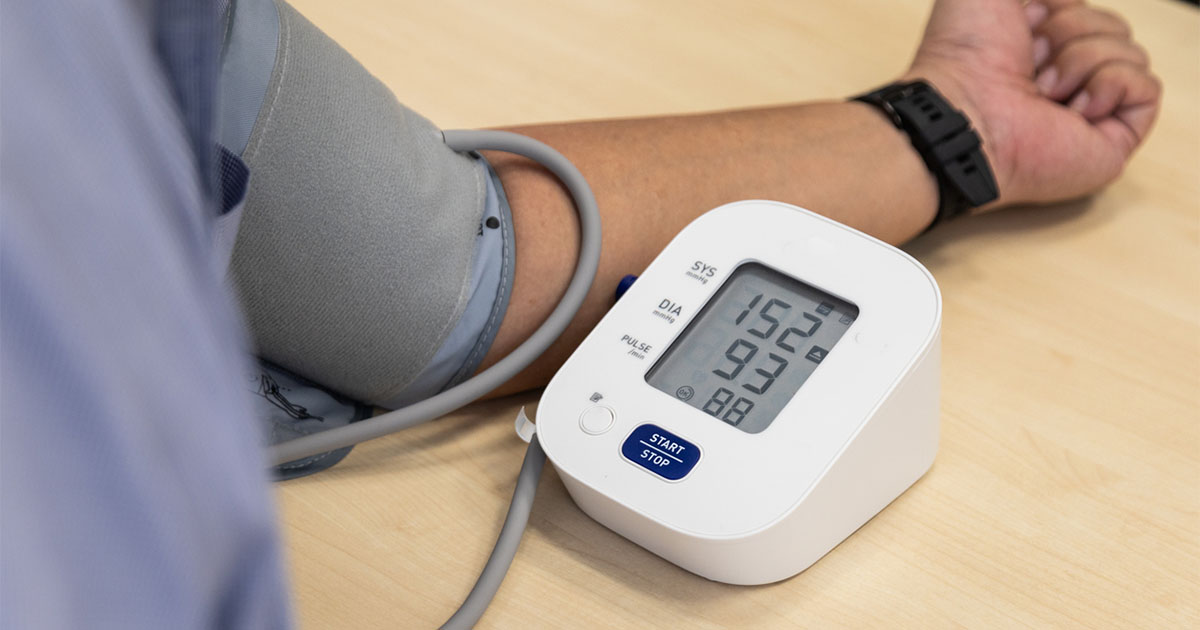People with diabetes often die prematurely from cardiovascular disease (CVD) and the risk factors associated with CVD need to be addressed, with blood pressure, lipids and blood glucose levels all treated actively (Juutilainen et al, 2005). The previous NICE (2009) type 2 diabetes guidance had advised the use of aspirin 75 mg daily in people with type 2 diabetes aged 50 years and older, whose blood pressure was less than 145/90 mmHg, and people under the age of 50, if other significant cardiovascular risk factors are present. This means that many practices will have people with diabetes being routinely prescribed aspirin.
In 2015, NICE updated the type 2 diabetes guidelines (NG28) and these recommended that GPs do not offer anti-platelet therapy (aspirin or clopidogrel) for adults with type 2 diabetes without CVD. A similar recommendation was made in the Scottish Intercollegiate Guidelines Network (2013) type 2 diabetes guidance. Following these updated guidelines, healthcare professionals should not routinely offer aspirin to people with diabetes who do not have CVD. However, what about those patients who do not currently have CVD, but are on aspirin following the 2009 guidance?
Two of the studies that contributed to these changed recommendations were randomised control trials of aspirin in diabetes, which showed only a small non-significant reduction in cardiovascular risk with aspirin: The JPAD (The Japanese Primary Prevention of Atherosclerosis with Aspirin in Diabetes; Ogawa et al, 2008) and the POPADAD (Prevention of Progression of Arterial Disease and Diabetes; Belch et al, 2008).
Emerging data have also highlighted the harm aspirin can cause. In a recent study of people with diabetes, the use of low-dose aspirin showed an increased risk of hospitalisation for ischaemic stroke (Kim et al, 2015). In a Swedish study, daily low-dose aspirin treatment did not prevent cardiovascular events or death in people with type 2 diabetes and no previous CVD, and suggested an increase in the risk of coronary heart disease in female individuals (Ekström et al, 2013).
It is, however, worth considering a few caveats to the guidance, as important new evidence is anticipated. NICE acknowledges the UK-based trial ASCEND (A Study of Cardiovascular Events iN Diabetes) and the ACCEPT-D (Aspirin and Simvastatin Combination for Cardiovascular Events Prevention Trial in Diabetes) trial in Italy, both of which are ongoing. These long-term controlled studies aim to assess the effects of low-dose aspirin on major vascular events in people with diabetes who have no clinical evidence of vascular disease. Both will provide definitive data to help practices make management decisions.
Management changes at practice level
What then should healthcare professionals do? As always it is important to empower people by having an informed discussion with them, as well as discussing this important change in recommendation within practices at practice clinical meetings. Practices wanting to following NICE guidance should change practice protocols to exclude aspirin initiation in people without ischaemic heart disease.
Patients attending for routine review often ask about reducing the pill burden associated with diabetes, and again this may present an opportunity to stop aspirin as part of an informed discussion. An audit and search for those people with diabetes on aspirin without ischaemic heart disease could be easy to perform at practice level. However, to contact this group of people asking them to stop their aspirin by a letter, or text message, might not make best use of practice resources and could lead to potential confusion among patients using aspirin for other reasons.





Poster abstract submissions are invited for the 21st National Conference of the PCDO Society, which will be held on 19 and 20 November.
10 Apr 2025